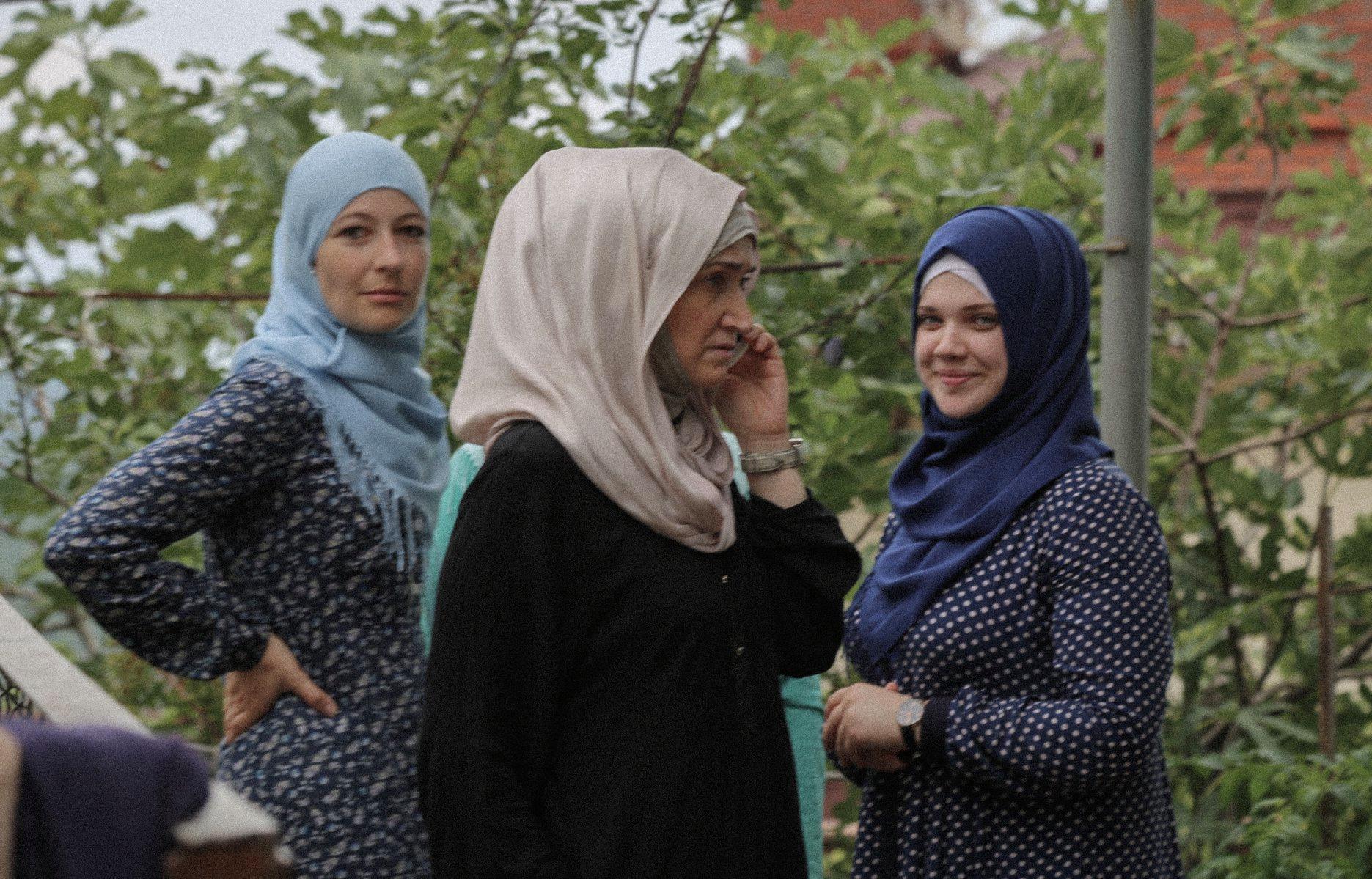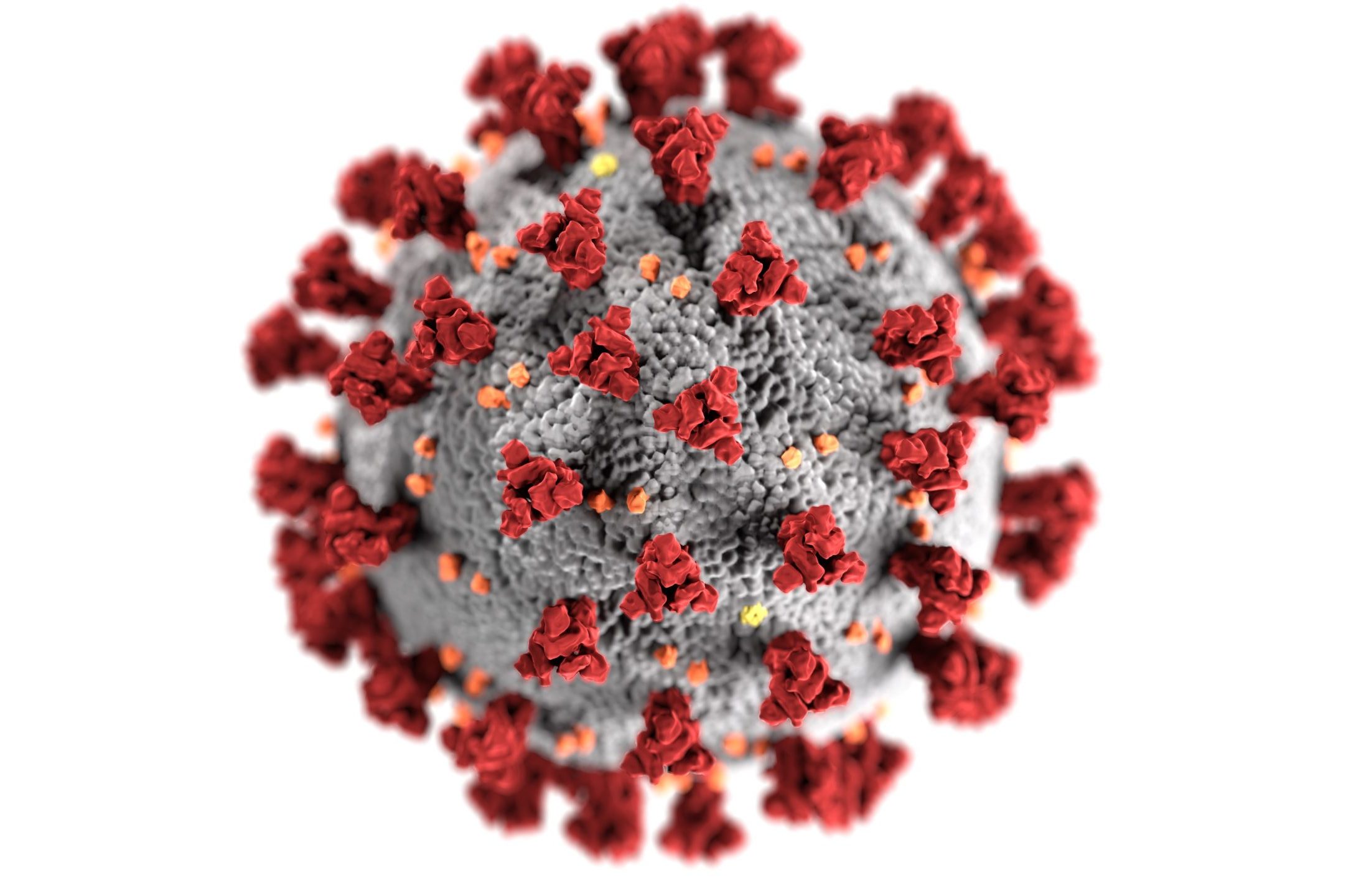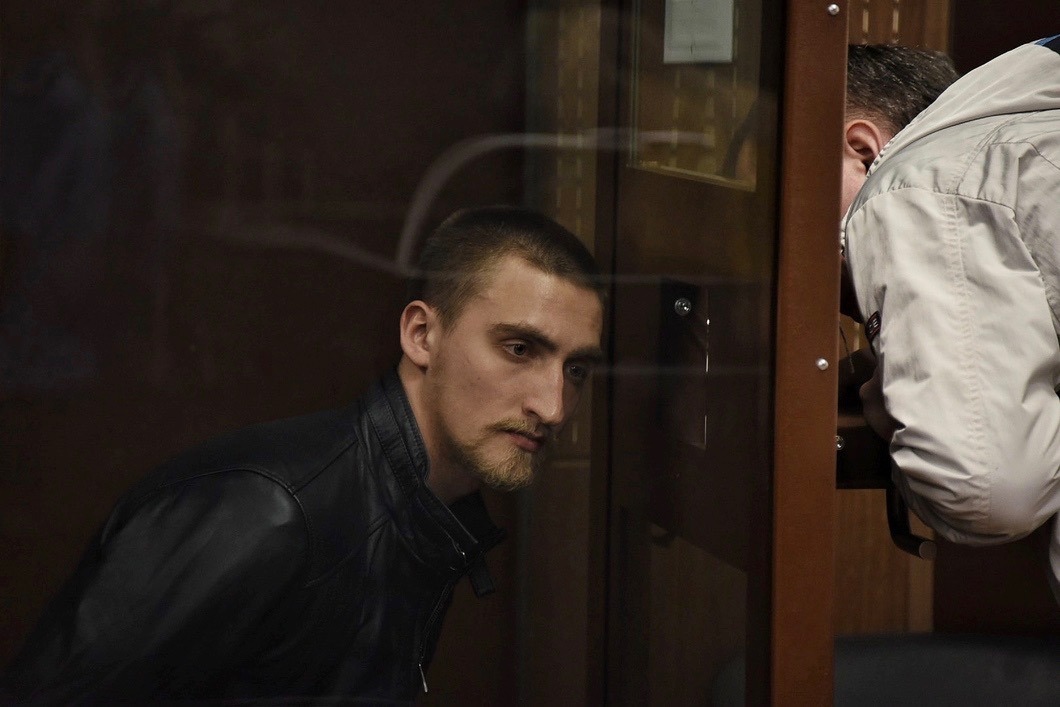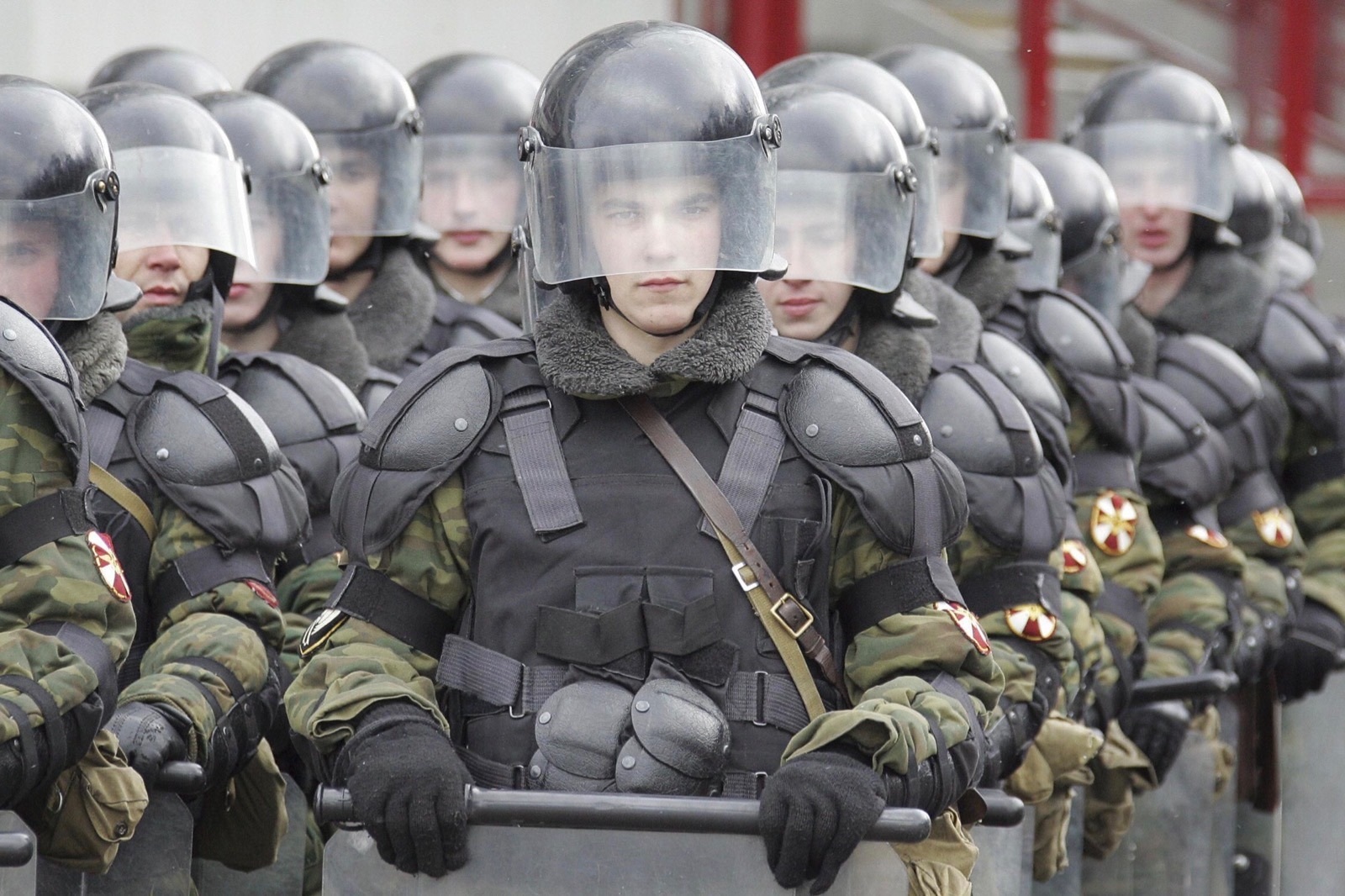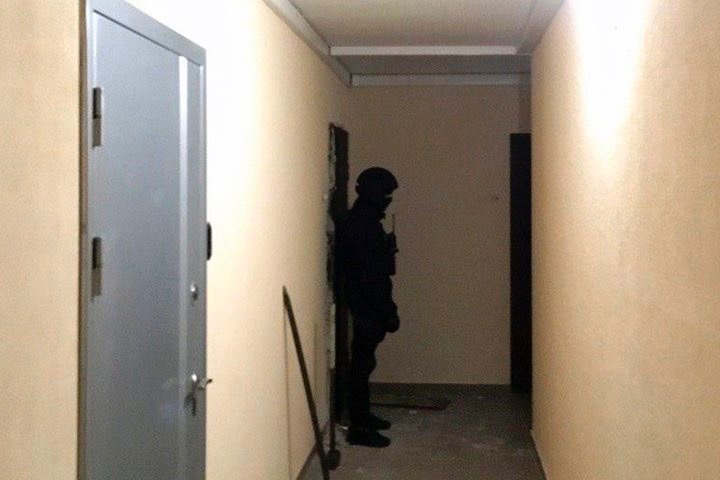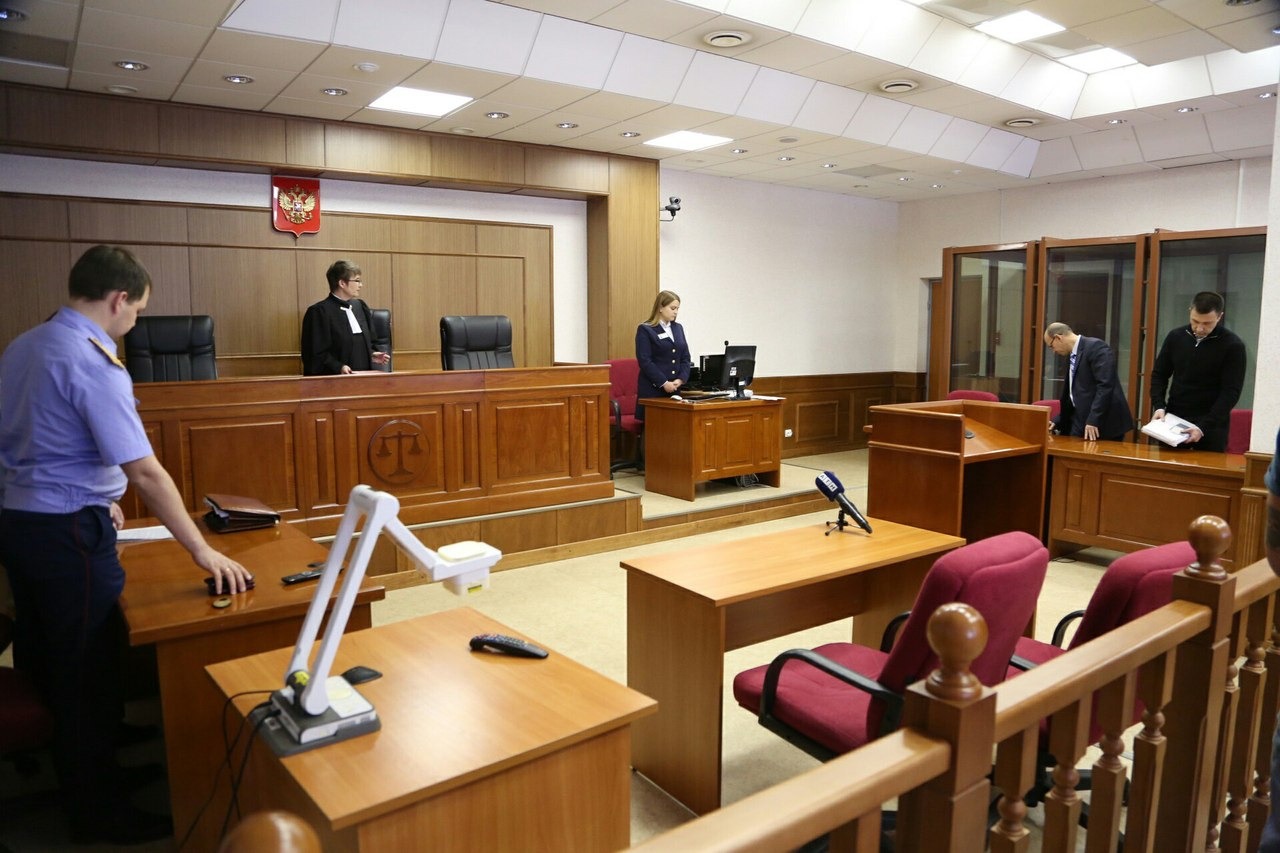Our colleague Taras Ibragimov told how activists are persecuted in Crimea, being accused of inciting hatred and enmity (art. 282 of the Criminal Code).
The Crimean Tatar Marlen Mustafayev helped many (and probably continues to help) families of political prisoners. The wife of one of the defendants of the case of Hizb ut-Tahrir once recalled: a man called me, introduced himself as Marlene, and asked:
– Do you carry care packages to your husband in jail?
– Yes.
“Do not bring them anymore, I will do it.” And then he hung up.
In February 2017, Mustafayev was detained and tried in accordance with administrative law for his posts in social networks, and sentenced to 11 days of arrest. A couple of months later, a pre-investigation check begun against him under the article 282 (also for his posts in social networks) and since then he is called to the investigation committee on a regular basis. The last time he was interrogated there in January 2018.
Here is what attorney Mammet Mambetov, who spoke with Mustafayev about this, says:
“The situation with a protracted pre-investigation check gives grounds to believe that the investigation intentionally keeps Marlen in some kind of tension with the aim of reducing his social activity or pushing him to leave Crimea.”
What is going on with the check ups now, neither the lawyer nor Marlene knows. The investigator is silent. As of today, no criminal case has been filed.
Another example is Emil Kurbedinov. In March 2017 he was called by the investigator from the investigation committee and said that a pre-investigation check is carried out regarding him about disclosure of certain data of the pre-trial investigation.
“I associate this with my activities and numerous performances at public venues”
– explained Kurbadinov at that time. Exactly two months before, Kurbadinov was awarded the international Front Line Defenders prize.
What is going on with this check up now, is not clear.
In relation to the lawyer Nikolai Polozov, two pre-investigation checks were initiated in due time. The first was initiated in autumn 2016 on the application of the prosecutor (from the case of Ahtem Chiyhoz), Alexander Dombrovsky. The state prosecutor did not like the way he was described by a lawyer in one of his Facebook publications.
The check was carried out on the ground of three articles: obstruction of the administration of justice and the production of preliminary investigation, contempt of court and insult of a representative of authority. It ended exactly one year after the verdict to Chiygoz was made.
The second check was conducted by the initiative of the investigator of the FSB Igor Skripka. This is a sensational story with a forced detention at the FSB department and an attempt to question Polozov in the case of Ilmi Umerov. After the preliminary investigation in this case was completed, Skrypka sent materials to the investigation committee to initiate a pre-investigation against a lawyer under Article 310: disclosure of preliminary investigation data.
This check also ended with nothing. If in the first case the IC investigator (the same one) came to the conclusion that Polozov did not insult anyone, then in the second case – that it is not good to question the lawyer.
Here is what the lawyer thinks about this:
“This is such a type of pressure, when there is no sanction to use the power, but at the same time the person needs to be handled and controlled. In such cases, a criminal case hangs over you with a sword of Damocles, which may or may not appear. ”
The most vivid example from this point of view is the story of Natalia Kharchenko, a Crimean woman. Together with her husband Andrey Vinogradov, they were activists of the Ukrainian Cultural Center in Crimea. In winter 2017 a pre-investigation began against Kharchenko in accordance with the 280 extremist article of the Criminal Code. In summer of the 2017 she and her husband left Crimea.
Or, for example, entry and search in your home in the context of a criminal case, where you pass as a witness. In fact, not a pre-investigation check, but in reality – pretty close. This story happened to the Crimean Tatar activist Seytumer Seitumerov. After an investigation by the FSB officers of his home in Bakhchisarai, Seytumer decided to move to Kiev.
Taras Ibrahimov

